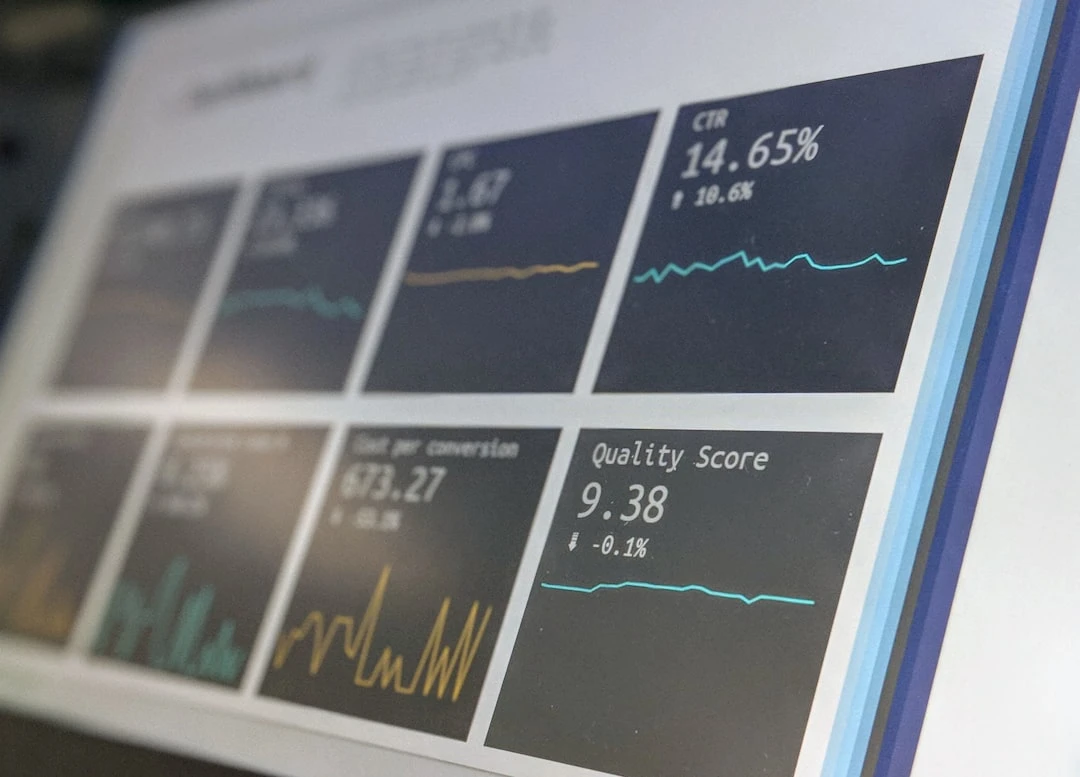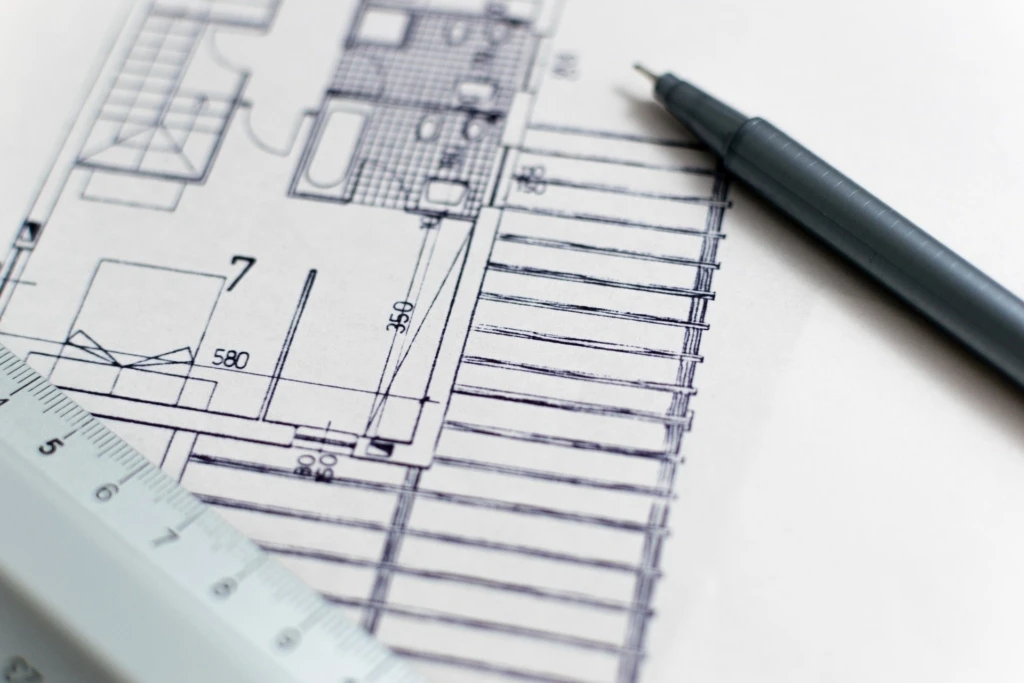Property Income Declaration: Important Changes and Tips

Kinnisvara 24 CEO Urmas Uibomäe explains the most important aspects to keep in mind when declaring 2024 income related to real estate.
"An important change concerns home loan interest - while in previous years individuals could deduct this from their taxable income, this can no longer be done when filing the income declaration for 2024," Uibomäe notes. For the last time, people were able to declare home loan interest in relation to 2023 income.
Declaring rental income
A real estate landlord must reflect the total amount of rental income earned during the year in the income declaration. For 2024 income, the previous 20% income tax rate still applies. When renting residential property, 20% of costs can be automatically deducted from rental income without submitting any cost documentation. However, this only applies if it is a residential rental agreement where the space is used for living purposes. This benefit does not apply to the rental of commercial premises, garages, or other spaces.
It is important to know that utility costs and apartment association maintenance fund payments are not counted as part of rental income if the tenant pays these themselves. However, property tax or loan payments must be declared as rental income if the tenant pays them on behalf of the landlord.
In the case of a rental agreement between a private individual and a business, the business must withhold income tax from the gross rent, excluding rent ancillary costs and charges.
Declaring Airbnb rental income
"If you offer your residential space for temporary accommodation through platforms such as Airbnb or booking.com, the income received must be declared under the rental income category. These platforms transmit information about income directly to the income declaration. Since this is rental income, the option to deduct 20% of costs does not apply. The same principle applies to subletting," Uibomäe clarifies.
Taxation of income from real estate sales
When selling real estate, income tax must be paid on the difference between the selling price and the purchase price. For example, if you purchased real estate for 250,000 euros and sold it for 300,000 euros, you must pay 20% income tax on the 50,000-euro profit earned. "However, from the income earned from the sale of real estate, you can deduct documented improvement costs. This can include, for example, new kitchen furniture or roof replacement," explains Uibomäe.
It is important to know that the sale of your own home is tax-exempt if this is done no more than once every two years. Similarly, the sale of a garden house or summer cottage is tax-exempt if the property is not larger than 2,500 square meters and the property has been owned for at least two years. The tax exemption also applies to the sale of returned or privatized property.
Calculating income tax from the sale of inherited property
Special circumstances apply to the sale of inherited property. If you sell inherited residential property that you have used as your place of residence and have not sold any other residences in the previous two years, you do not have to pay income tax. However, if you sell inherited or gifted property that has not been used as your place of residence, you must pay income tax on the entire sale amount.
In order to avoid possible disputes with the Tax and Customs Board, it is important to keep all invoices and documents related to real estate improvements. You should also keep accurate records of costs paid by the tenant and clearly distinguish between rent and utility costs. In more complex cases, Uibomäe recommends definitely consulting with the Tax and Customs Board to avoid possible errors in filing.
The income declaration can be submitted to the tax and customs authorities between February 15 and April 30, 2025.




